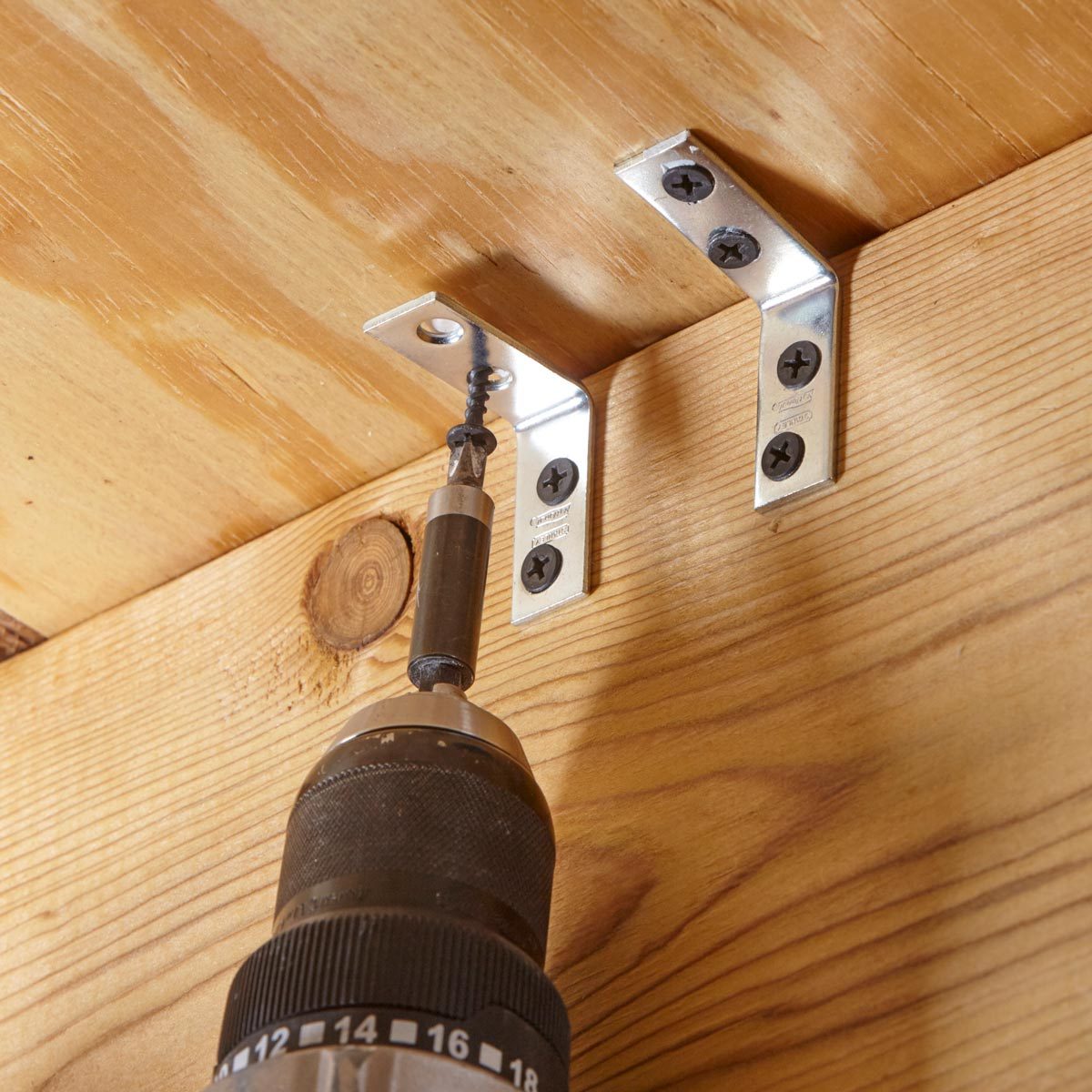Stepping into a new apartment, the fresh paint and new carpet can be exciting. But then, you hear it. A faint, almost comical squeak under your feet. It’s the dreaded squeaky floor, a common nuisance that can quickly evolve from a minor annoyance to a source of embarrassment for all involved. But what are your rights as a tenant when it comes to these unwanted sounds? Can you reasonably expect your landlord to fix the problem?

Image: carpetrepairsonly.ca
The answer, as with many tenant-landlord issues, is not entirely simple. It depends on several factors, including the severity of the squeaking, the terms of your lease, and the local laws governing landlord-tenant relations. This article breaks down everything you need to know about squeaky floors and your rights as a renter.
Understanding Your Rights
Lease Agreements
The first place to look for guidance is your lease agreement. This document outlines the responsibilities of both the landlord and tenant. Most leases include clauses about the condition of the property and the tenant’s right to a habitable environment. If your lease specifically mentions floor repairs, this can provide leverage.
However, even if your lease doesn’t explicitly address squeaking, it’s worth noting that most states have implied warranty of habitability laws. These laws ensure that landlords are responsible for providing living spaces that meet basic safety and health standards. This can include fixing issues that negatively impact the tenant’s enjoyment of their dwelling, including persistent squeaky floors.
What if the Squeaking is Severe?
If the floor squeaking is so bad that it disrupts your sleep, makes it difficult to have conversations, or poses a safety hazard (for example, if it suggests a structural issue), then you may have a stronger argument for requesting repairs. In some cases, you may even have the right to terminate your lease if the landlord fails to address the problem.

Image: www.familyhandyman.com
Documenting the Issue
Once you’ve identified the squeaky floor issue, it’s crucial to document it. Take detailed notes about the location of the squeaking, the severity, the time of day it’s most noticeable, and any attempts you’ve made to contact your landlord. If possible, take photos or videos of the squeaky floors in action. This documentation serves as evidence if you need to dispute the repair with your landlord.
Communication is Key
When communicating with your landlord, keep your tone professional and respectful. Begin by making a written or verbal request, outlining the problem and providing the documented evidence you’ve collected. If your landlord remains unresponsive, you may need to follow up with additional written requests or even consider contacting your local housing authority or tenant’s rights organization.
Expert Tips for Dealing with Squeaky Floors
While it’s ultimately your landlord’s responsibility to address major structural issues, there are some practical things you can do yourself to minimize the squeaking:
1. Lubricate the Floorboards: A simple solution for minor squeaking is applying lubricant to the floorboards. Spritzing talcum powder, baby powder, or dry lubricant in between the boards can help reduce friction and quiet the noise.
2. Add Shims: If the squeaking is due to loose floorboards, you can try inserting small shims (thin pieces of wood or metal) between the boards to tighten them.
3. Use Floor Mats: Placing thick, heavy rugs or mats over the squeaky areas can effectively dampen the noise.
4. Consult a Professional: For severe cases, consider hiring a professional contractor to diagnose and fix the problem. They can determine if the squeaking is a symptom of a more serious structural issue that requires professional attention.
FAQs
Q: How long does my landlord have to fix the squeaky floors?
A: The time frame varies depending on your location, lease agreement, and the severity of the issue. Some states prescribe a reasonable time frame for repairs, while others leave it to the landlord’s discretion. It is best to consult your local housing authority or tenant’s rights organization for specific guidelines in your area.
Q: Can my landlord refuse to fix the squeaky floors?
A: While your landlord could potentially refuse, it’s important to remember you have rights. If the squeaky floors significantly impact your enjoyment of the dwelling and fall under the implied warranty of habitability, you may have recourse. Documentation, communication, and awareness of your local tenant laws are critical in challenging a landlord’s refusal to address the issue.
Q: Can I deduct the cost of fixing the squeaky floors from my rent?
A: This is generally not advisable without your landlord’s explicit permission. In some cases, you may be able to withhold rent as a last resort if your landlord refuses or fails to make necessary repairs. However, it’s crucial to familiarize yourself with the specific laws in your jurisdiction before taking any such action.
Can I Ask Landlord To Fix Squeaky Floors
Conclusion
Understanding your rights as a tenant, documenting the problem, and communicating effectively with your landlord are key aspects of addressing squeaky floors in your rental space. It’s important to remember that while you can take steps to minimize the noise yourself, it’s ultimately your landlord’s responsibility to address any issues affecting your right to a safe and comfortable living environment.
Are you currently dealing with squeaky floors in your rental apartment? Share your experiences and questions in the comments below. We’d love to hear your stories and provide support and guidance!



/GettyImages-173599369-58ad68f83df78c345b829dfc.jpg?w=740&resize=740,414&ssl=1)


